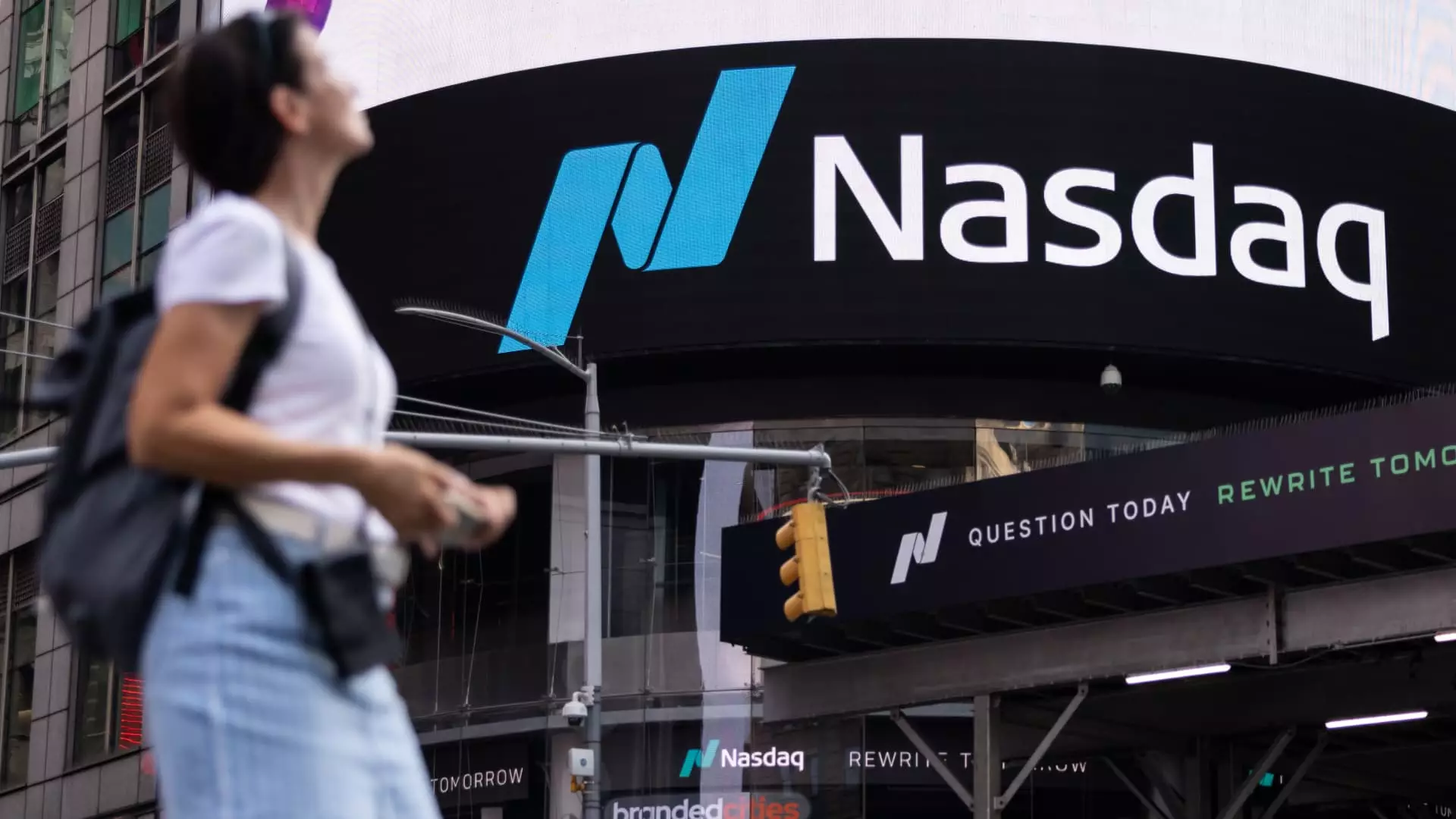The investment landscape is undergoing a transformative shift, particularly with the increasing prevalence of Exchange-Traded Funds (ETFs). KKM Financial’s recent conversion of its Essential 40 mutual fund into an ETF highlights this trend, reflecting a growing consensus among asset managers regarding the benefits that ETFs offer over traditional mutual funds. As investors and financial advisors seek greater tax efficiency and flexibility, the conversion signals a shift that may redefine how investments are managed and taxed.
At the core of this transition is the desire for tax efficiency. ETFs allow investors with taxable accounts to have far greater control over when to realize capital gains or losses. This contrasts sharply with mutual funds, where investors may face unexpected tax liabilities due to internal portfolio changes or withdrawals. As Jeff Kilburg, founder and CEO of KKM, noted, the distinction in tax efficiency is significant. “A lot of the wealth advisors that I work with really have issues with the capital gain distribution typical to a mutual fund,” he stated, emphasizing the complications that arise with mutual funds’ traditional structures.
Several factors are fueling this shift from mutual funds to ETFs. One critical component is the SEC’s 2019 rule change that facilitates the implementation of active investment strategies within ETF frameworks. This regulatory adjustment has enabled asset managers to maintain a competitive edge in an evolving financial landscape. The decline of active equity mutual funds is telling; as per Strategas, it has dropped to the lowest level in over two decades. This trend underscores a broader movement towards investment vehicles that provide both strategic flexibility and operational efficiency.
Furthermore, many asset managers are advocating for the Securities and Exchange Commission (SEC) to permit the integration of ETFs as a distinct share class within existing mutual funds. Such a move could potentially enhance accessibility and appeal, thereby attracting even more capital to the ETF space.
Features of the Essential 40 ETF
The newly launched ETF, trading on the Nasdaq under the ticker ESN, aims to embody the philosophy of “buy what you use.” This approach is particularly relevant in today’s market, where investors are increasingly discerning about the underlying assets in their portfolios. With holdings that include established firms such as JPMorgan Chase, Amazon, Waste Management, and Eli Lilly, the Essential 40 ETF focuses on companies deemed pivotal to the U.S. economy. Kilburg passionately asserted, “We believe without these companies, the U.S. economy would be hindered or would be in trouble.” Such a commitment not only reflects the strategic nature of the fund but also its potential resilience in volatile markets.
The Essential 40 had previously garnered a three-star rating from Morningstar as a mutual fund, a testimony to its relatively strong performance metrics. Despite the challenging market conditions in 2022, the fund managed a decline of less than 11%, outperforming its category average, which fell around 17%. This performance illustrates that equal-weighted funds can often weather market downturns more effectively than their market-cap weighted counterparts.
The year 2023 has seen an increased interest in equal-weighted funds, largely driven by concerns about market concentration involving a few dominant stocks often referred to as the “Magnificent Seven.” One striking example of this trend is the Invesco S&P 500 Equal Weight ETF (RSP), which has attracted over $14 billion in new investor funds this year alone. This showcases a clear pivot among investors towards diversification and risk mitigation through equal weighting.
For KKM Financial, the strategic decision to convert its mutual fund into an ETF model is not merely a reaction to current trends; it is a proactive approach to aligning with investor needs. With assets nearing $70 million before conversion and a net expense ratio of 0.70%—identical to that of the predecessor mutual fund—the Essential 40 ETF stands poised for growth.
As ETFs continue to gain traction, they seem increasingly likely to dominate the investment landscape. KKM Financial’s transition is emblematic of a broader shift happening across the industry. With regulatory support, investor demand, and a focus on tax efficiency, the necessity to reassess traditional mutual funds has never been clearer. The Essential 40 ETF not only represents a strategic investment option but also a forward-looking vision for what modern asset management should encompass. As we continue to observe this ongoing evolution, the implications for investors and the financial services sector will undoubtedly be profound.

